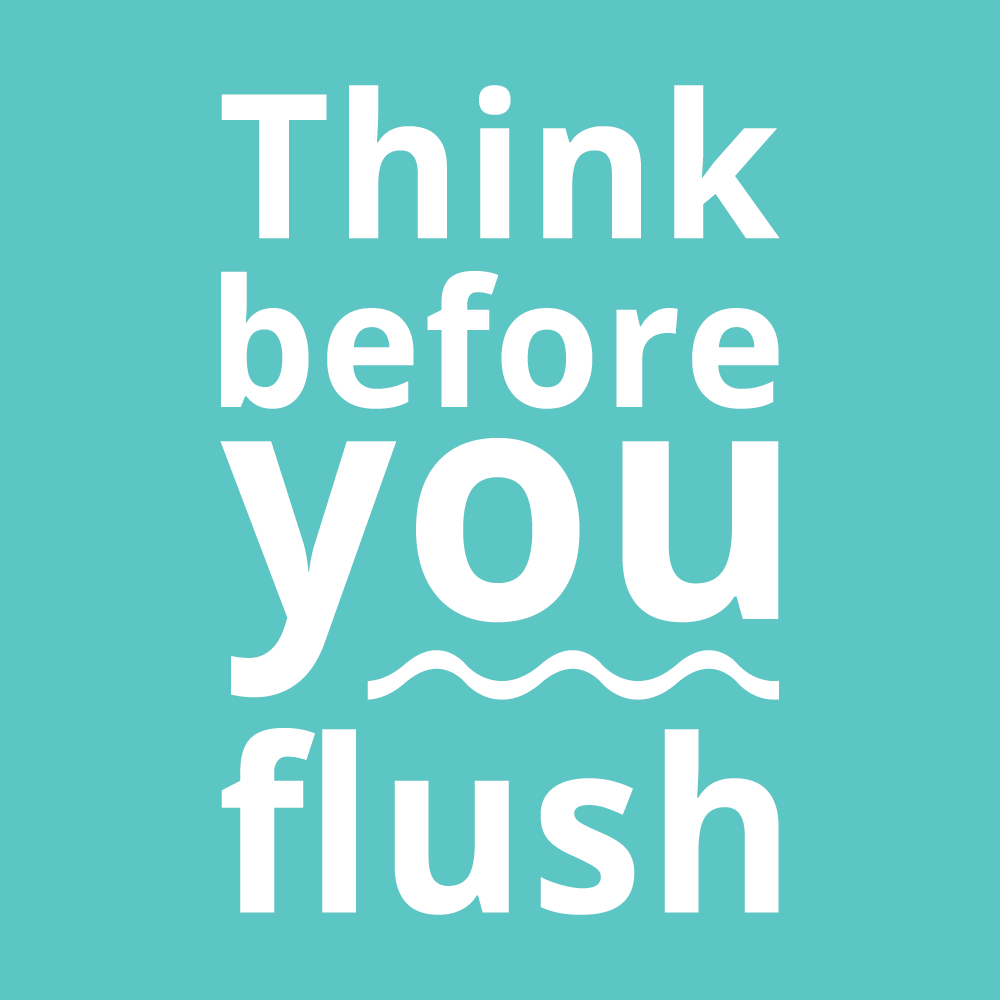The Think Before You Flush campaign heads to the Sligo Science Fair, ATU Sligo, to talk about our toilets, beaches, and sewage-related litter
This Saturday, Think Before You Flush, a campaign operated by Clean Coasts in partnership with Irish Water, will be exhibiting at the Sunday Science Fair at ATU Sligo for the Sligo Science Festival, which runs from 13th to 20th November. Using interactive experiments and games, the campaign will be demonstrating the environmental issues of marine litter and sewage-related litter.
The Think Before You Flush campaign addresses the issue of flushing unsuitable items down the toilet and highlights the consequences of doing so, such as blockages in our wastewater network and treatment plants, surface water overflows and sewage related litter on our beaches and in our oceans, damaging our marine environment. Many toiletries, such as wet wipes, cotton pads and dental floss, are part of the ‘Dirty Dozen’, which are the top 12 items that are incorrectly flushed down the toilet in Ireland. Other items include hair; paper towels; medicine; tampons; food items; contact lenses; condoms; cigarette butts; and cotton bud sticks.
There is no denying these items are incredibly useful. Many people love the convenience of disposable wet wipes, facial pads and dental floss but are unaware of the problems associated with these items when inappropriately flushed down the toilet. Research has found that just over one in five adults regularly admit to flushing items down the toilet that are known to cause blockages, causing detrimental effects on the wastewater network and the marine environment. Unlike toilet paper, which is designed to disintegrate quickly in our pipes and sewage systems, other items, such as wet wipes, do not break down easily.
Think Before You Flush’s interactive exhibition at Sligo Science Fair will also focus on their kitchen campaign, Think Before You Pour. This campaign looks at the issue of pouring fats, oils, and greases (FOGs) from cooking down the kitchen sink. Instead of flowing freely, they cool and harden as they travel along the wastewater network. When these FOGs combine with wipes and other sewage related litter such as hair and dental floss fatbergs can form. Irish Water clears hundreds of blockages including fatbergs from the wastewater network every week. The Think Before Pour campaign urges everyone to avoid washing FOGs down the kitchen drain and, instead, dispose of them in the bin once cool.
Liane Costello is a campaign officer with Clean Coasts and, speaking about the event, said “We are delighted to be invited to the Sligo Science Festival at ATU Sligo. Our message is simple. We are asking people to re-evaluate their flushing behaviour and to stop sewage-related litter at the source. Remember, only flush the 3 P’s (pee, poo, and paper). Everything else goes in the bin.”
Speaking about the event Anthony Skeffington, Irish Water said: “In 2018, our research informed us that 36% of people living in Ireland were regularly flushing the wrong things down the toilet. Irish Water have been working in partnership with Clean Coasts on the ‘Think Before You Flush’ campaign and during this time, we have made significant progress, as this figure has now reduced to 21%. Whilst this represents a 42% improvement in people’s flushing behaviour, it still represents almost a million people nationally using the toilet as a bin: that’s more than 13,000 in Co Sligo. The impacts of flushing the wrong things down the toilet are clear to see, as we are still removing thousands of sewer blockages from our network every month and continue to see this waste ending up on our beaches”.
Anthony continued: “We are keen to remind people that wipes should never be flushed down the toilet even if they are labelled as ‘flushable’. The impact of this waste ending up in our natural environment, on our beaches, shores and river ways is stark. Removing this waste from the sewerage network can be a nasty job which is easily avoided.
“Our message is simple: only the 3 Ps, pee, poo and paper should be flushed down the toilet. All other items including wipes and other sanitary products should go in the bin even if they are labelled as flushable. This will reduce the number of sewer blockages, the risk of flooding to homes and businesses and the risk of pollution in the environment harming wildlife such as fish and birds and associated habitats. A small change in our flushing behaviour can make a big difference to our natural environment – put wipes, cotton bud sticks and sanitary items in the bin and not down the toilet.”
To learn more about the Think Before You Flush and Think Before You Pour campaigns, visit https://thinkbeforeyouflush.org/ and follow @CleanCoasts on social media.
